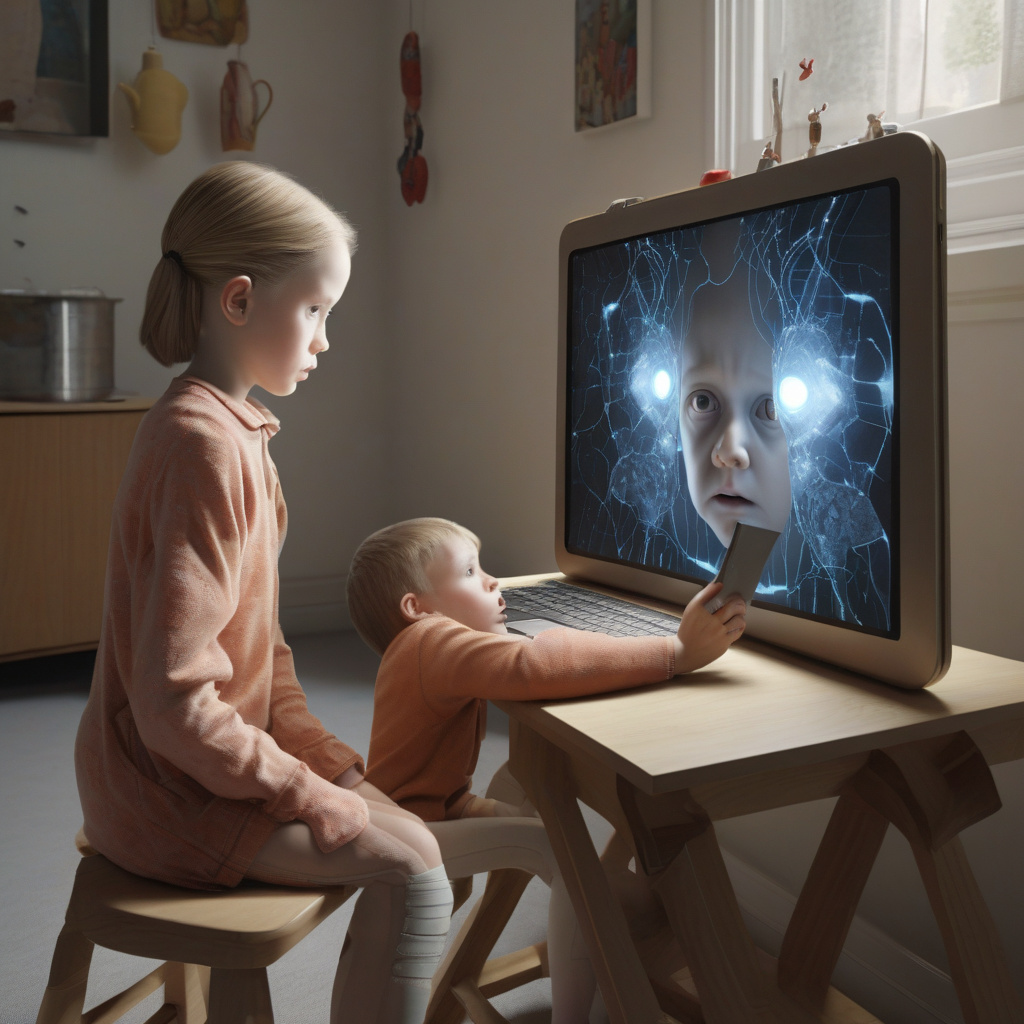In the digital age, children are increasingly interacting with Artificial Intelligence (AI) in various aspects of their lives. From educational apps that adapt to a child’s learning pace to AI-driven toys and social media platforms, the presence of AI is pervasive. While AI offers numerous benefits, such as personalized learning experiences and interactive play, there are also significant dangers that come with its integration into children’s daily routines.
One of the primary concerns surrounding AI for children is the issue of data privacy. Many AI-powered platforms collect vast amounts of data to customize experiences for users, including children. This data can include sensitive information such as browsing habits, location data, and even facial recognition. Without robust privacy measures in place, this data can be vulnerable to breaches, leading to potential risks such as identity theft and exposure to harmful content.
Moreover, the use of AI in children’s products raises questions about the impact on their cognitive and emotional development. AI algorithms are designed to analyze user behavior and provide tailored responses, which can lead to a lack of critical thinking skills and emotional intelligence in children. Over-reliance on AI companions or tutors may hinder children’s ability to think independently and solve problems creatively.
Furthermore, there is a growing concern about the ethical implications of AI for children. As AI becomes more sophisticated, there is a risk of children being exposed to biased or discriminatory content. AI algorithms can inadvertently perpetuate stereotypes or reinforce harmful beliefs, impacting children’s perceptions of themselves and others. Additionally, the lack of transparency in how AI systems make decisions can raise ethical questions about accountability and fairness.
To mitigate the dangers of AI for children, stakeholders must prioritize transparency, accountability, and data privacy. Developers of AI-powered products for children should implement strict data protection measures and provide clear information on how data is collected, stored, and used. Parents and educators play a crucial role in educating children about the potential risks of AI and promoting responsible use of technology.
In conclusion, while AI offers exciting possibilities for children’s education and entertainment, it is essential to be aware of the potential dangers it poses. By fostering a culture of transparency, ethical design, and responsible use, we can harness the benefits of AI for children while safeguarding their privacy, development, and well-being in the digital age.

